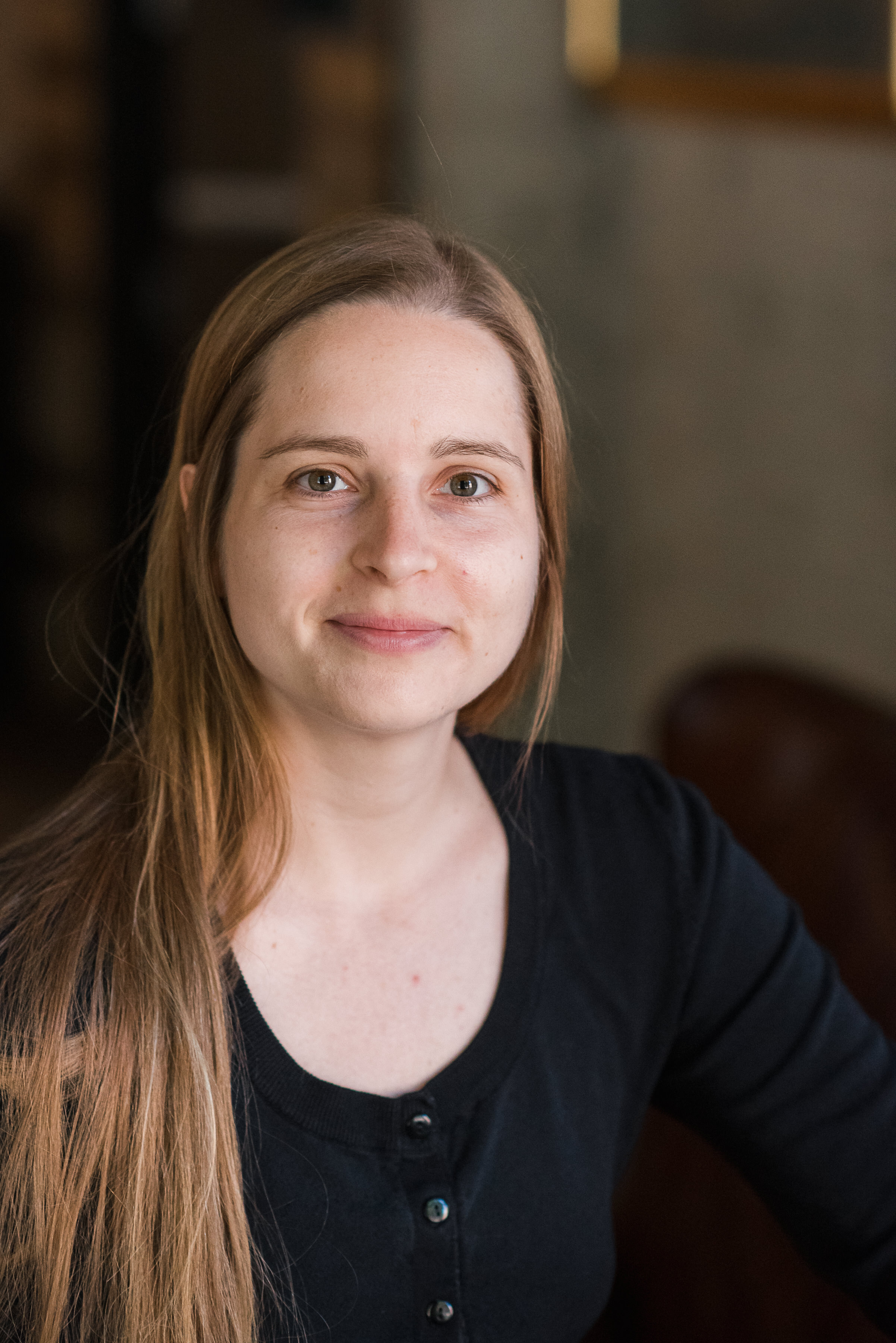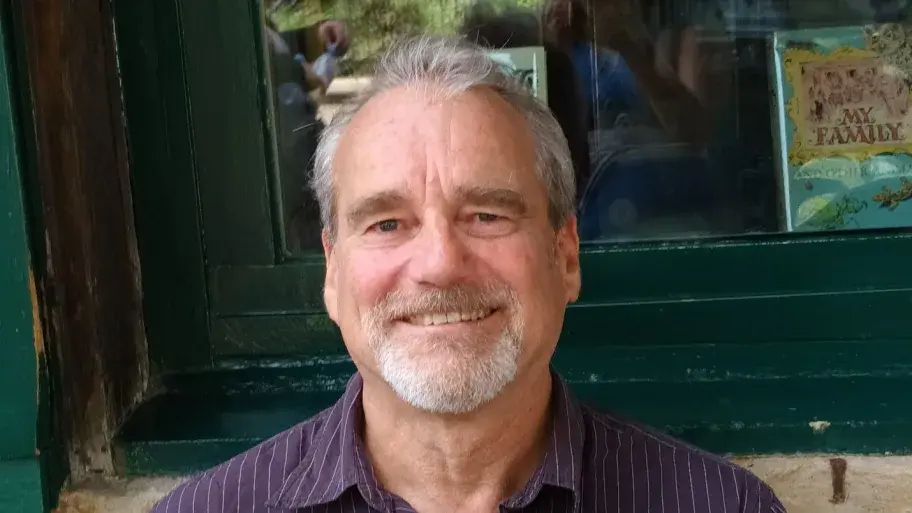AI for Water, Life for All: Shaping a Sustainable World, One Sensor at a Time.
Internet of Water - Mission
Without water, there is no life, no industry, and no future. Our mission is to build the AI-driven infrastructure that empowers communities— from developing countries to the most advanced smart cities— to monitor, manage, and protect their water resources in real time. By delivering smart, affordable sensors, we predict and prevent water-related crises, from safeguarding clean water access to responding to climate emergencies. Together, we are enabling a future of water security, climate resilience, and sustainable progress for all.
Internet of Water - Vision
Our vision is to lead the world in AI-powered water management, creating a future where every community—from rural villages to urban supercities—can predict, protect, and preserve their water resources. We are building the foundation for global climate resilience and sustainability, where real-time data and AI insights drive smarter decisions, safeguard ecosystems, and ensure a secure, water-rich future for generations to come.
Advisory Board

Prof. Martha White
Associate Professor, University of Alberta Department of Computing Sciencehttp://webdocs.cs.ualberta.ca/~whitem/
Professor Martha White is s a member of the Reinforcement Learning and AI Lab (RLAI) and the Alberta Machine Intelligence Institute (Amii). Additionally, she holds a Canada CIFAR AI Chair. She researches representation learning for reinforcement learning, focusing on developing adaptive autonomous agents. Her work involves principled optimization approaches and off-policy reinforcement learning.

Prof. Adeniké Akinsemolu
University of BirminghamThe Green Institute, TOP100 voices of Africa for sustainable development, Vanguard Fellow
https://www.ogeesinstitute.edu.ng/adenikeakinsemolu
Adenike Akinsemolu is a leading expert in environmental sustainability. As a Vanguard Fellow at the University of Birmingham and founder of the Green Institute, she's dedicated to finding innovative solutions to climate change. With over 10 years of experience and a strong track record, Adenike is a National Geographic Educator, UN Sustainable Development Solutions Network member, and author of several sustainability books. She's committed to promoting sustainable practices and collaborating with others to protect our planet.

Prof. Jeff Camkin
Director, Australian Water Association (2009-2011)https://research-repository.uwa.edu.au/en/persons/jeff-camkin
As the leader of the Centre of Excellence in Ecohydrology, Professor Jeff Camkin fosters collaboration between science, policy, and stakeholders in water resource management. He actively develops and promotes the Centre’s activities at local, national, and international levels through strategic partnerships.
Why is Internet of Water the most suitable tool to tackle climate change of waters?
Because we are democratising how the world understands and manages water. Imagine real-time data collected from smart sensors that fuel powerful AI models—helping cities, rural areas, and entire countries predict floods, improve water quality, and respond to crises before they even happen. Whether it's ensuring clean water access or tackling the next big climate challenge, we are not merely monitoring water — we are transforming it into actionable insights that shape a safer, more sustainable future. This isn’t just technology; it’s the key to preserving life on this planet, one drop at a time.
Imagine a world where water—the essence of life—is protected and preserved with the power of cutting-edge technology. We're making that world a reality. By deploying smart, affordable sensors across the globe, we're capturing vital data that fuels advanced AI models. This revolutionary infrastructure empowers communities everywhere—from developing countries to futuristic smart cities—to monitor, manage, and safeguard their water resources in real time.
Our innovation doesn't just react to water challenges; it anticipates them. By predicting and preventing crises before they strike, we ensure clean water access, bolster climate resilience, and drive sustainable progress for all. This isn't just an improvement; it's a transformation. Like the invention of sliced bread simplified daily life, our technology revolutionizes how the world interacts with its most precious resource.
Join us in creating a future where water security is not a privilege but a universal standard. This is more than a breakthrough—it's the next vital step in humanity's journey toward a sustainable and thriving planet.
What are the benefits of Internet of Water?
Our contribution to climatic action
Our strategy is built on speed, scalability, and affordability to make water intelligence more accessible globally. We focus on creating a sensor ecosystem that collects vast real-time data and empowers AI models to generate predictive insights. Unlike traditional systems, we offer a rapid-deployment platform that is scalable across diverse environments—from developing nations to urban supercities. Our solutions are designed to be cost-effective and adaptable, ensuring that even the most remote communities can benefit from cutting-edge water management technology, ensuring climate resilience and sustainable progress at every level.
Sustainable, carbon saving water solutions
Water in oceans, rivers or lakes can store significant amounts of CO2, particularly when it is clean and healthy. However, pollution from sewage, agriculture or toxic algal blooms causes water to release CO2 and methane, intensifying climate change. Our deeptech decarbonization technology monitors these water quality changes, helping to reduce greenhouse gases and mitigate climate impacts.
Imagine a lake turning green, filled with toxic algae, and losing fish—this is eutrophication. It happens when excess nutrients, like nitrogen from farms or sewage, enter the water. As the algae die and decay, they release greenhouse gases like methane and CO2, contributing to climate change. By using sensors to prevent this, we not only keep water clean but also stop these gases from being released, helping protect both the environment and our climate. This is how we fight climate change, starting with water.
When extreme rainfall overwhelms city sewage systems, the excess water, filled with pollutants, flows directly into rivers, seas, and lakes. This runoff not only leads to flooding but also carries harmful chemicals, untreated waste, and debris into ecosystems, causing severe pollution. By deploying flood prediction and water quality modeling, we can help cities establish baselines and optimize their infrastructure to prevent catastrophic runoff. Reducing such large-scale pollution not only protects ecosystems but also prevents massive CO2 emissions, advancing decarbonization and safeguarding human and environmental health.
Our planned project of an AI-driven water treatment plant for a high school in Nigeria, powered by the Meratch platform, enables the water safety and reliability of water supply through our real-time monitored operation. This means safe, clean water without the need for traditional boiling methods, which often fail to kill dangerous bacteria and viruses. By eliminating the need to burn fuel or charcoal for boiling, we drastically cut down CO2 emissions. This is a direct path to decarbonization, reducing reliance on fossil fuels while providing a sustainable, safe water source for communities that need it most.
Our partners
The Water Council, Milwaukee, USA
Water Europe, Brussels, Europe
Wateralliance
International Water Association
Water Research Institute, Bratislava, Slovakia
Mars Discovery District, University of Toronto, Canada
T-Mobile US
Telstra, Australia
Applications
- Agricultural stakeholders facing nitrate pollution, where compliance with the Nitrates Directive is critical to protecting ecosystems and meeting environmental regulations.
- Urban water management authorities struggling with runoff and pollution control in smart cities, looking to integrate AI-driven infrastructure.
- Sustainability, environmental, social and governance (ESG) stakeholders tasked with climate resilience and decarbonization strategies through water quality improvement.
- Hydropower plants aiming to optimize energy efficiency while reducing their carbon footprint.
- Small water treatment plants and operators seeking affordable, autonomous water treatment solutions to ensure clean, safe drinking water, especially for remote communities.
- Smart water wells addressing the need of unmonitored potable water wells worldwide to monitor nitrates, rainwater, floods, organic pollutants and harmful algae.
Awards and achievements
- APVV grant Slovak Research and Development Agency under the Ministry of Education awarded our team a highly competitive research and development grant. The project aims to advance our compliance with the Nitrates Directive in collaboration with the Water Research Institute, Ministry of Environment, ensuring sustainable water management and advancing environmental protection efforts. This prestigious partnership underscores our commitment to delivering innovative, impactful solutions in water quality monitoring and decarbonization initiatives.
- Finalist DIANA NATO accelerator 2023